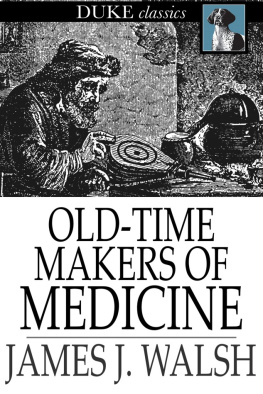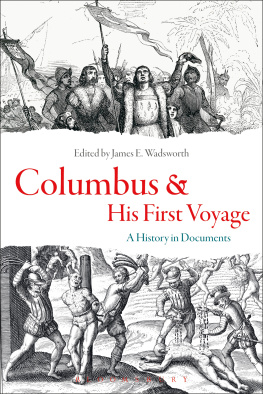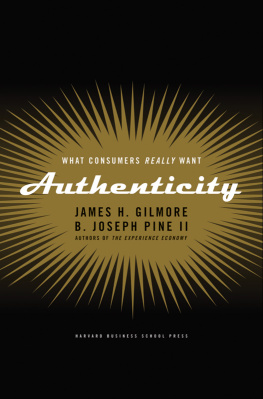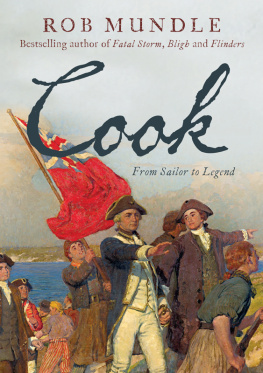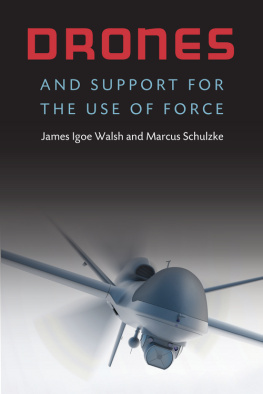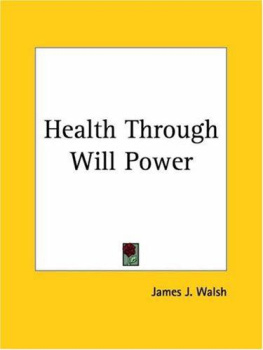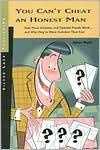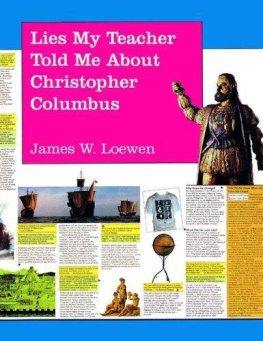James J. (James Joseph) Walsh - The Century of Columbus
Here you can read online James J. (James Joseph) Walsh - The Century of Columbus full text of the book (entire story) in english for free. Download pdf and epub, get meaning, cover and reviews about this ebook. year: 2015, publisher: CreateSpace Independent Publishing Platform, genre: Romance novel. Description of the work, (preface) as well as reviews are available. Best literature library LitArk.com created for fans of good reading and offers a wide selection of genres:
Romance novel
Science fiction
Adventure
Detective
Science
History
Home and family
Prose
Art
Politics
Computer
Non-fiction
Religion
Business
Children
Humor
Choose a favorite category and find really read worthwhile books. Enjoy immersion in the world of imagination, feel the emotions of the characters or learn something new for yourself, make an fascinating discovery.

- Book:The Century of Columbus
- Author:
- Publisher:CreateSpace Independent Publishing Platform
- Genre:
- Year:2015
- Rating:3 / 5
- Favourites:Add to favourites
- Your mark:
- 60
- 1
- 2
- 3
- 4
- 5
The Century of Columbus: summary, description and annotation
We offer to read an annotation, description, summary or preface (depends on what the author of the book "The Century of Columbus" wrote himself). If you haven't found the necessary information about the book — write in the comments, we will try to find it.
The Century of Columbus — read online for free the complete book (whole text) full work
Below is the text of the book, divided by pages. System saving the place of the last page read, allows you to conveniently read the book "The Century of Columbus" online for free, without having to search again every time where you left off. Put a bookmark, and you can go to the page where you finished reading at any time.
Font size:
Interval:
Bookmark:

Page numbers in this book are indicated by numbers enclosed in curly braces, e.g. {99}. They have been located where page breaks occurred in the original book.
Obvious spelling or typographical errors have been corrected.
Extended quotations and citations are indented.
Footnotes have been renumbered to avoid ambiguity, and relocated to the end of the enclosing paragraph.
The page links in the Table of Illustrations have been adjusted to always land above the image. Scroll down if the image is not in the viewing window.
FORDHAM UNIVERSITY PRESS SERIES
MAKERS OF MODERN MEDICINE
Lives of the men to whom nineteenth century medical science owes most. Second Edition. New York, 1910. $2.00 net.
THE POPES AND SCIENCE
The story of Papal patronage of the sciences and especially medicine. 45th thousand. New York, 1911. $2.00 net.
MAKERS OF ELECTRICITY
Lives of the men to whom important advances in electricity are due. In collaboration with Brother Potamian, F.S.C., Sc.D. (London), Professor of Physics at Manhattan College. New York, 1909. $2.00 net.
EDUCATION, HOW OLD THE NEW
Addresses in the history of education on various occasions. 3rd thousand. New York, 1911. $2.00 net.
OLD-TIME MAKERS OF MEDICINE
The story of the students and teachers of the sciences related to medicine during the Middle Ages. New York 1911. $2.00 net.
MODERN PROGRESS AND HISTORY
Academic addresses on How Old the New. New York, 1911. $2.00 net.
THE THIRTEENTH GREATEST OF CENTURIES
5th edition (50,000). 116 illustrations, 600 pages. Catholic Summer School Press, 1911. Postpaid $3.50.
IN PREPARATION
MAKERS OF ASTRONOMY
CATHOLIC CHURCHMEN IN SCIENCE
First and second series, each $1.00 net.
Lectures on The Influence of the Mind on the Body delivered at Fordham University School of Medicine. Appletons, New York, 1912, $6.00 net.
SEBASTIANO DEL PIOMBO, CHRISTOPHER COLUMBUS
(METROPOLITAN MUSEUM. NEW YORK)
JAMES J. WALSH, K.C.St.G., M.D., Ph.D., LL.D.
LITT.D. (Georgetown), Sc.D. (Notre Dame)
PROFESSOR OP PHYSIOLOGICAL PSYCHOLOGY AT THE CATHEDRAL
COLLEGE; LIFE MEMBER OF THE NEW YORK HISTORICAL
SOCIETY, MEMBER OF THE NEW YORK ACADEMY OF MEDICINE.
OF THE GERMAN AND FRENCH SOCIETIES OF THE HISTORY
OF MEDICINE. OF THE ITALIAN SOCIETY FOR THE
HISTORY OF THE NATURAL AND THE MEDICAL
SCIENCES, OF THE ST. LOUIS MEDICAL HISTORY
CLUB, THE NEW ORLEANS PARISH MEDICAL
SOCIETY, A.M.A., A.A.A.S., ETC.
WITH EIGHTY-SIX ILLUSTRATIONS
CATHOLIC SUMMER SCHOOL PRESS
New York, 1914
Copyright, 1914
James J. Walsh
THE QUINN & BODEN CO. PRESS
RAMWAY, N. J.
{vii}
Font size:
Interval:
Bookmark:
Similar books «The Century of Columbus»
Look at similar books to The Century of Columbus. We have selected literature similar in name and meaning in the hope of providing readers with more options to find new, interesting, not yet read works.
Discussion, reviews of the book The Century of Columbus and just readers' own opinions. Leave your comments, write what you think about the work, its meaning or the main characters. Specify what exactly you liked and what you didn't like, and why you think so.

